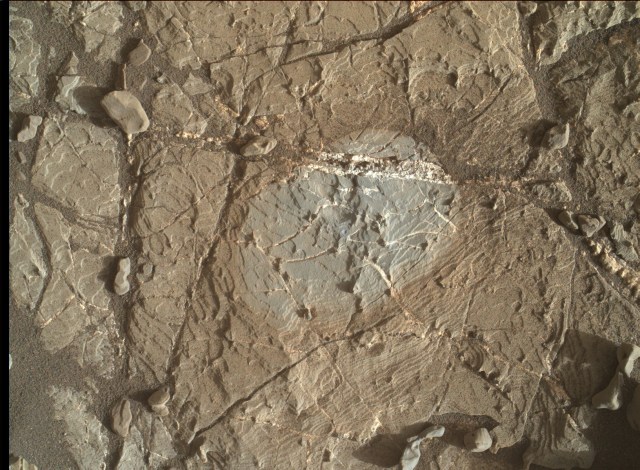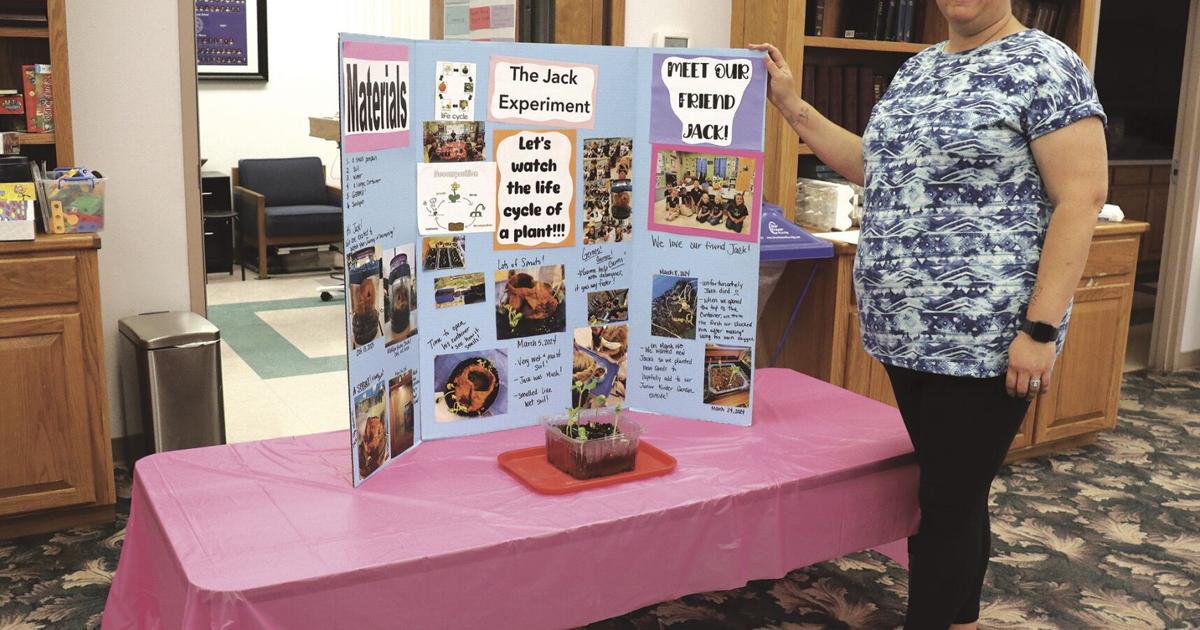
Valvena’s group has already applied for approval of its vaccine in the United States and Canada. It expects demand in the European Union for the second half of the year.
A vaccine against chikungunya, developed by the Valneva GroupIt recorded promising results, even if its real efficacy against the disease was not proven, according to a study published Tuesday in the journal. scalpel.
This vaccine project developed “a robust immune response (…) in almost all vaccinated participants,” concludes this study.
However, it was done in the United States, where the chikungunya virus is almost absent, and therefore cannot say whether the vaccine really prevents you from getting the disease.
Chikungunya, which causes fever and severe joint pain, is a disease caused by a virus transmitted by the tiger mosquito. It is mainly found in the tropics but a few cases are starting to appear in temperate countries such as mainland France, particularly as a result of global warming.
The Valneva project, a French-Austrian group specializing in vaccines, aims to develop the first vaccine against chikungunya, while there is no preventive or curative treatment yet against this disease.
Lack of efficacy in certain populations?
The study, published on Tuesday, showed that of the 266 people vaccinated, almost all (263) developed antibodies to the virus. It also measured the risk of side effects on a much larger group of vaccinated patients (more than 3,000): only two advanced effects were considered serious, and they made a full recovery.
This vaccine, which works on the classic technique of attenuated virus, is “an excellent candidate for chikungunya prevention,” notes the study, led by researcher Martina Schneider.
A good immune response clearly indicates that the patient will avoid contracting the disease, even if to prove the real efficacy of the vaccine, a study must be carried out in areas where the virus is most common.
But the work is indeed “good news” in the fight against a potential chikungunya pandemic, and infectious disease specialist Katherine Stephenson, who was not involved in the study, welcomed it to the same issue of Lancet.
However, the infection specialist warns that the vaccine may lack efficacy in a population accustomed to circulating the virus. These may, in fact, have already developed immune responses that would limit the action of the attenuated virus based on the Valneva vaccine.

:quality(70):focal(1515x1438:1525x1448)/cloudfront-eu-central-1.images.arcpublishing.com/liberation/X7T4FCTMWVF2NACF35CCUHUPTE.jpg)




